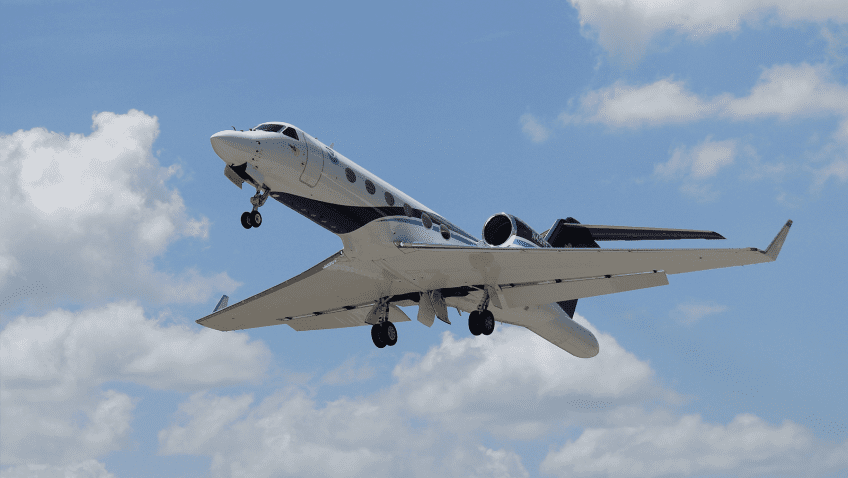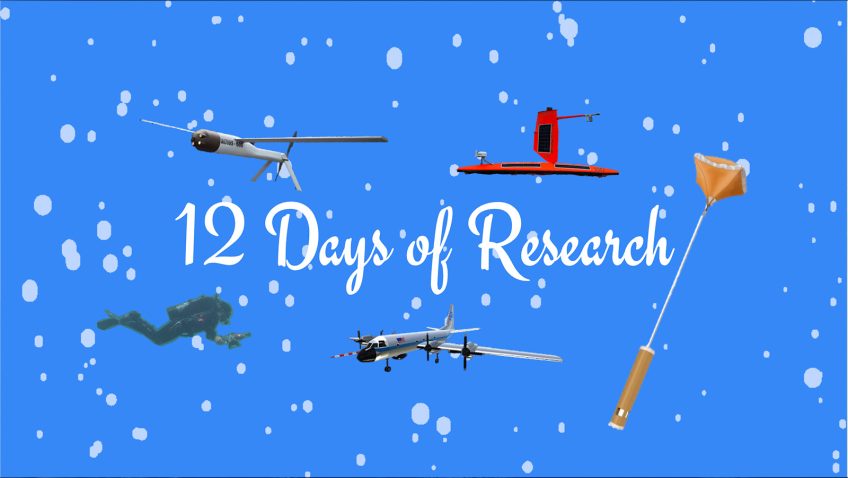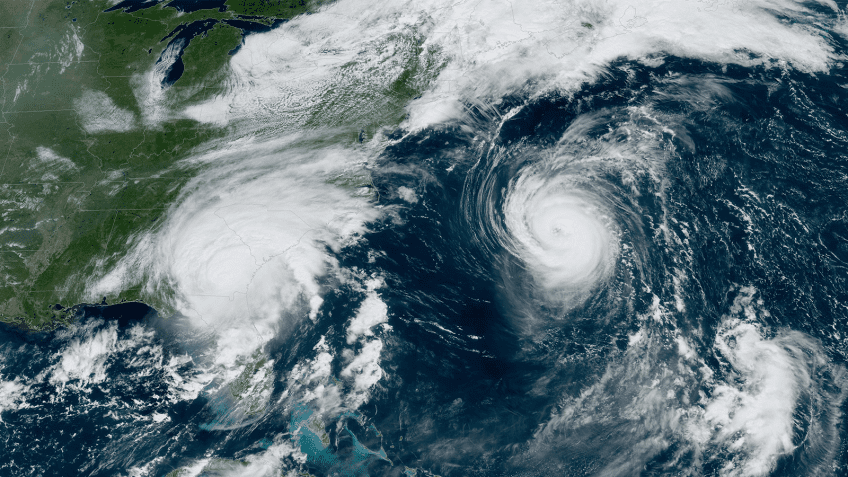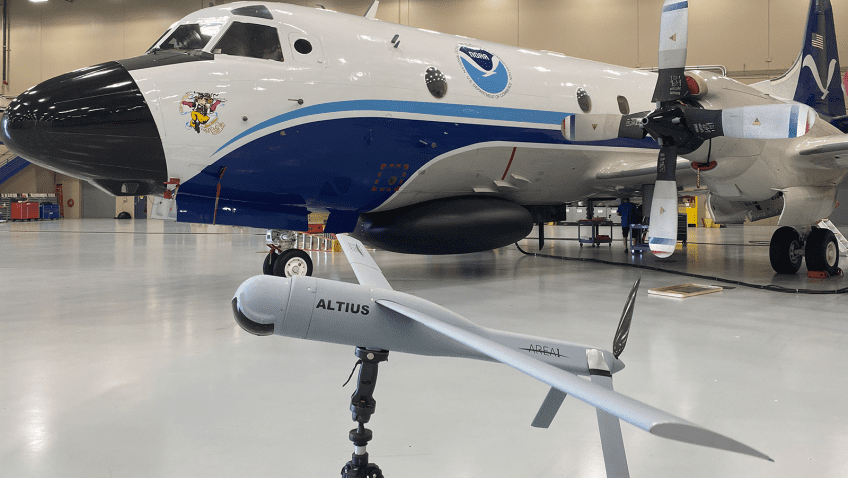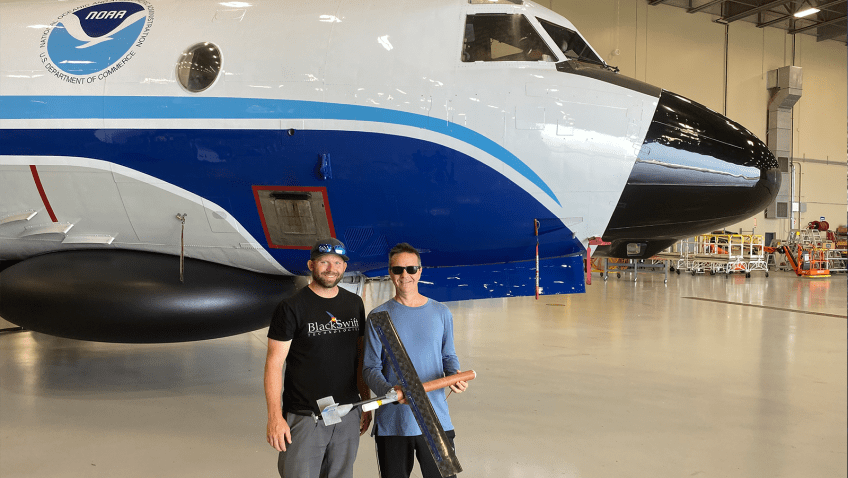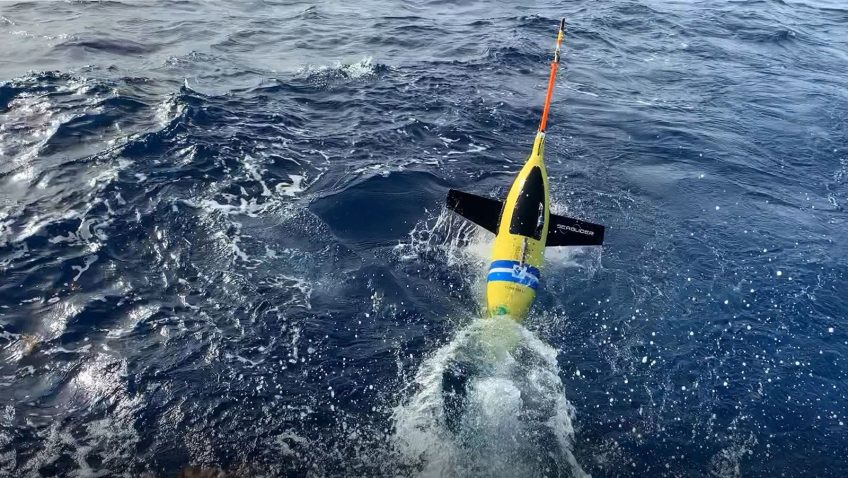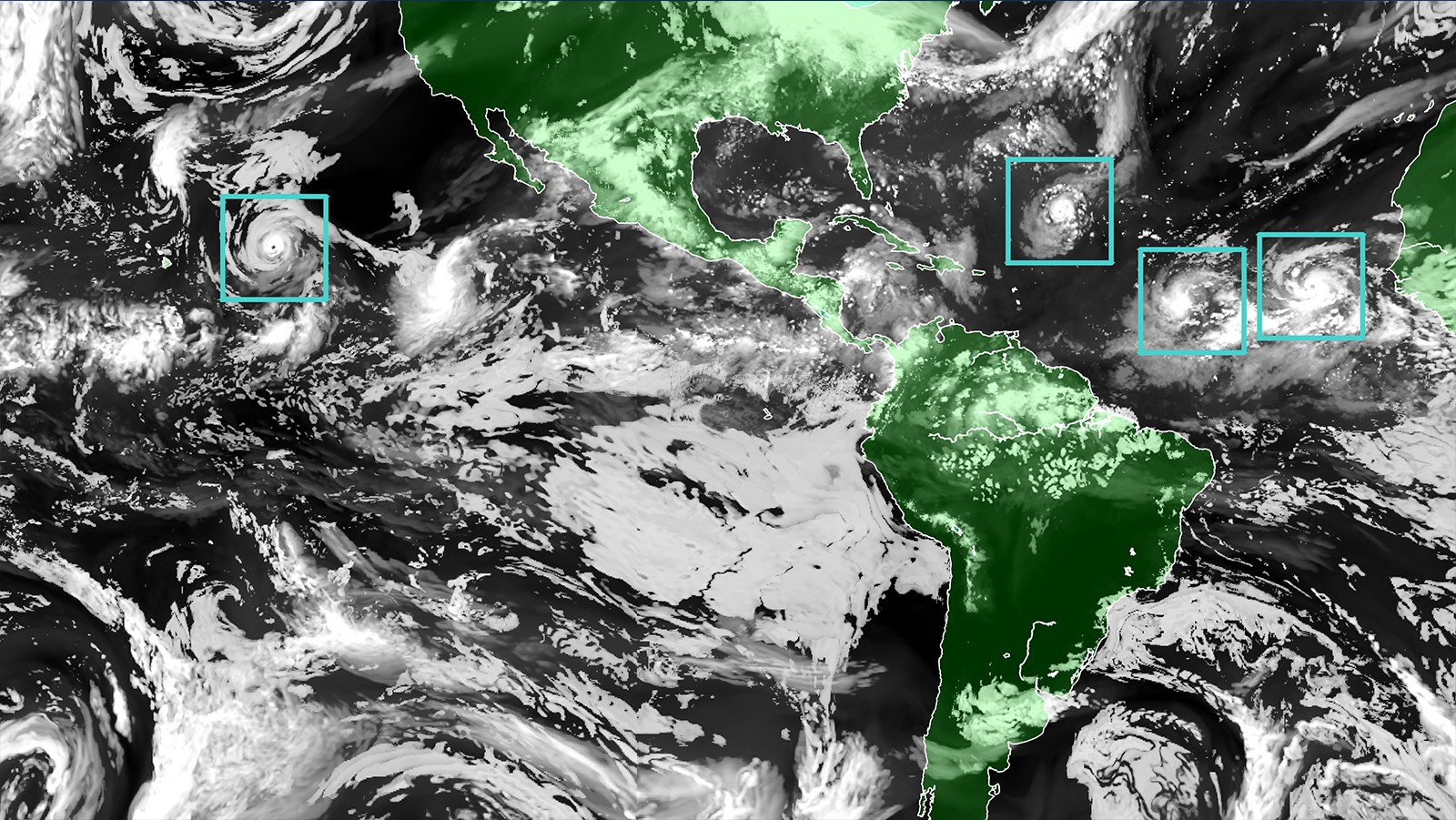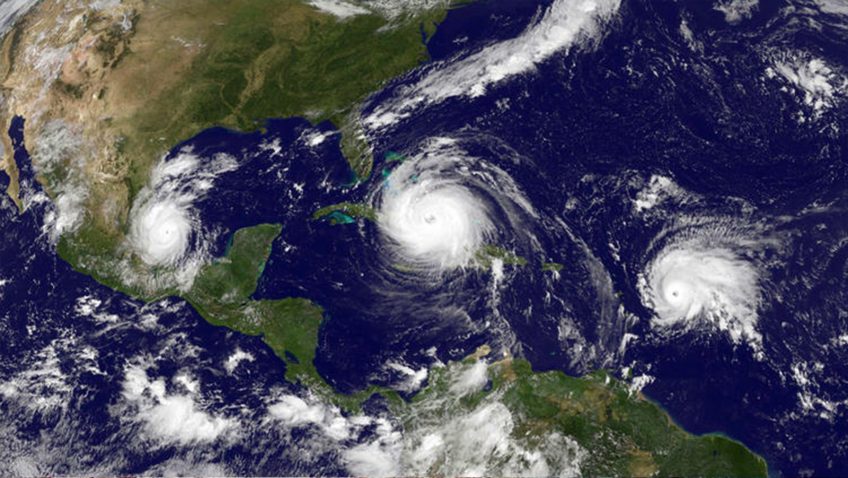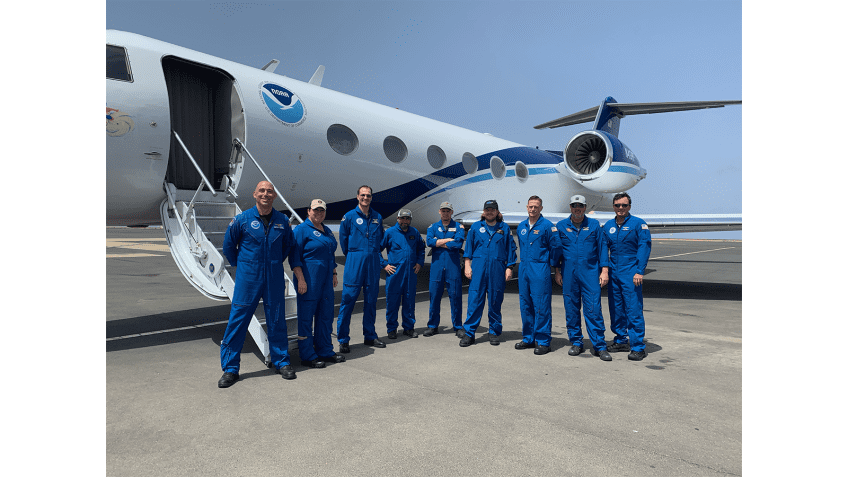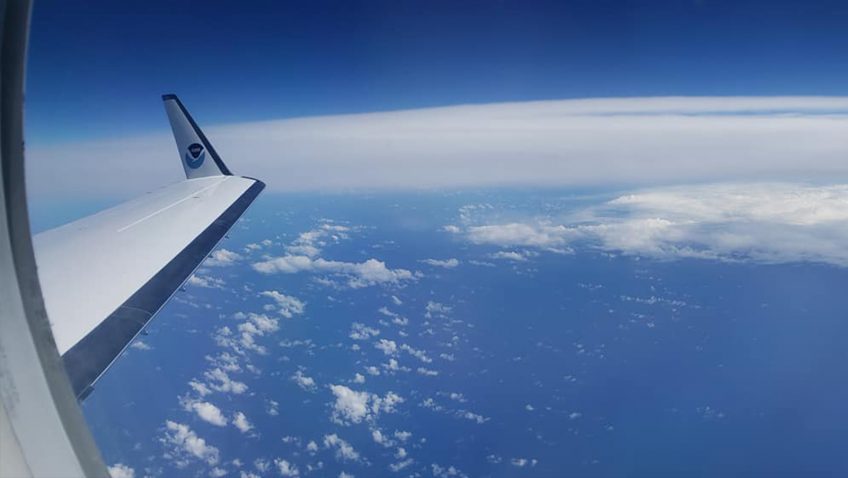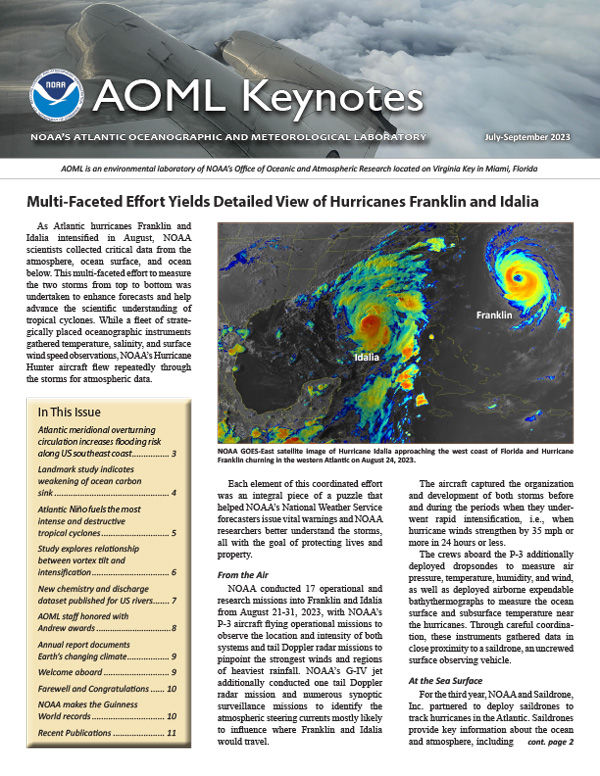Innovative Flight Patterns Boost Hurricane Forecast Accuracy, NOAA Study Finds
In a groundbreaking new study, National Oceanic and Atmospheric Administration (NOAA) scientists unveiled a significant advancement in hurricane tracking and forecasting. The study, named “The G-IV Inner Circumnavigation: A Story of Successful Organic Interactions Between Research and Operations at NOAA,” discusses how scientists across NOAA are improving hurricane forecasts through the effective use of NOAA […]
